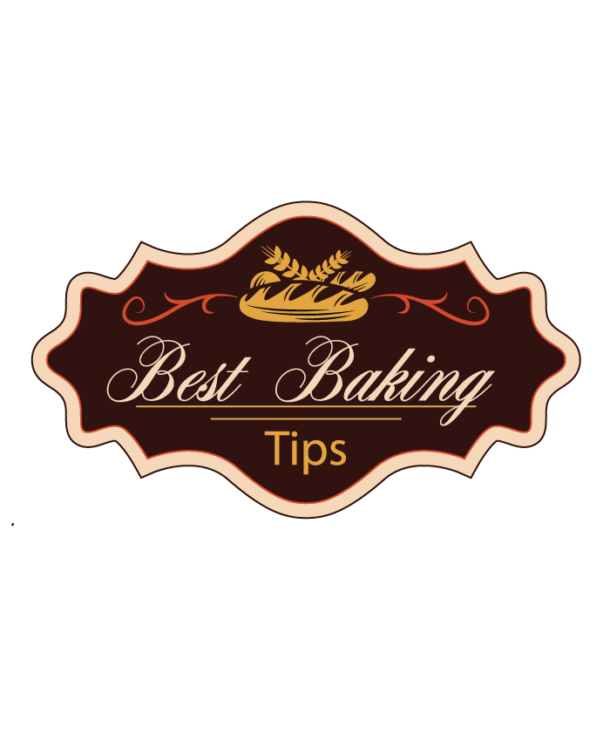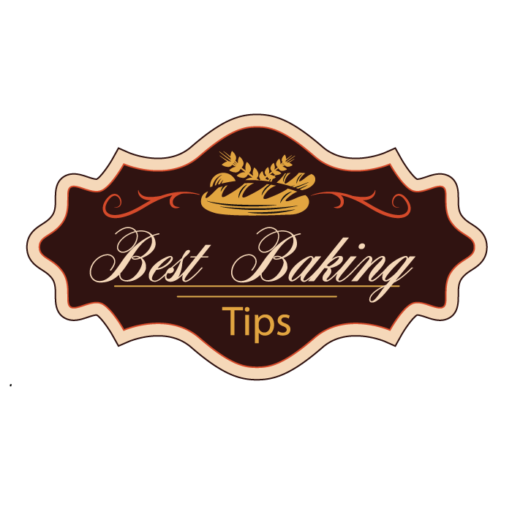==================
Affiliate Statement
Best Baking Tips is supported by our audience. When you purchase through one of our links, we may earn a small affiliate commission. As an Amazon Associate I earn from qualifying purchases. Your cost is not affected.
==================
Find the Best Type of Bakeware to Use in your Kitchen
Choosing the best type of bakeware can be confusing. We simplify it for you with detailed descriptions and the pros and cons of each. When you want to try a recipe, you would like to know the best type of bakeware to let your recipe come to life. In addition, finding the appropriate bakeware is crucial for your recipe. As such, read on to learn about the suitable bakeware material which can work for your recipe.

Several types of bakeware
Our main types of bakeware include:
-
Aluminum
Aluminum is a type of bakeware that conducts heat well and is good bakeware as it results in even cooking, but the shiny surface prevents food browning. The best baking results come from heavy-gauge aluminum rather than flimsy aluminum. Aluminum is suitable for cooking bread and cookies and might not be ideal for highly reactive food like vinegar and tomatoes as they might corrode aluminum leading to food contamination.
While professional bakers often choose aluminum for its performance and versatility, some people are concerned about the possible health concerns with using it. I find it is not as easy to keep clean and maintain.
Pros
- Aluminum is the most common bakeware and comes at a reasonable cost; it is versatile, and you would use it for baking almost all dishes
- The aluminum has a thick base and thinner sidewalls, leading to even baking
- Most of the aluminum cookware has a nonstick finish which is ideal for baking
- Also, it is a good heat distributor making it possible to achieve an even baking
Cons
- Aluminum might discolor when laced in a dishwasher
- It is not ideal for cooking acid food as it gives your food a funny taste
- Hardwater might discolor the aluminum cookware.
-
Glass bakeware
The glass bakeware is a type of bakeware that is made of tempered glass and can brown your food nicely; moreover, it may be used in the fridge to store food and heat it in the oven as it resists heat damage. Reducing the temperature of the food would be the best way to bake with glass bakeware. In addition, you can cook casseroles, roasted meat, and lasagna in your glass bakeware.
Glass dishes make the best casserole dishes, in my experience. I have a rectangular set and several round pieces, in addition to a deep, large oval that makes splendid deep dish casseroles. Good glass wares are heavy, but that also makes baking in them so perfect. Also, I suggest getting at least one set with covers. These go from prep to oven and then cover to put into the refrigerator for serving later. In fact, some no-bake dishes store nicely in these in the fridge for serving later, too.
Pros
- The glass neither releases substance to the food nor absorb anything from the food
- It has lower thermal conductivity and could take longer to heat, but retains heat leading to even baking in an oven where the temperatures would fluctuate greatly
- The glass bakeware is clear, and when filling the pan, you would see the distribution of the ingredients in the bakeware. Again, you can monitor the baking from all sides of the Bakeware when it is in the oven
- If the glass accidentally breaks, it would crumble into small pieces, which are least likely to injure you.
- Moreover, glass is aesthetically pleasing.
Con
- It might break if you remove it from the oven and directly put it into a fridge; again, it might fail due to trauma from falling off the table.
-
Stainless bakeware
Stainless bakeware is easy to clean and does not get stains easily and is the best choice for a pan sauce. You might use it for cooking duck breast, steak, and other delicacies.
Note: When looking for Stainless Steel, you may find Carbon Steel. The components of the two are the same, but in different amounts. The result is that while stainless steel resists rust and corrosion better, carbon steel is stronger. Often, you find that the carbon steel bakeware is coated which does help fight rust issues, too.
Pros
- It is non-reactive and does not leach chemicals into your food, and is best for cooking acid food
- It distributes heat evenly, leading to uniform cooking
Con
- If you use the pan incorrectly, the food might stick to the bottom. When using my stainless bakeware, I usually use parchment paper to avoid the problem.
-
Silicone bakeware
Silicone bakeware is nonstick and might not require oil spray and greasing, and are dish wash safe. It does not need to have scrubbing and soaking, and who would use it in the oven and microwave. You can use the bakeware for baking cakes, muffins, and other recipes
Pros
- It distributes heat evenly, leading to effective baking
- They are easy to store
- They are lightweight
- It does not stain or rust
- They are inexpensive
Cons
- They can bend and twist easily, leading to food spills
- They might not be safe at extremely high heat
- It is not safe near flames
-
Insulated bakeware
The insulated bakeware is made of two layers of metal cushioned by a layer of air. The air layer helps with the browning and baking of the recipe. However, this tray may need more time to bake the food properly and is suitable for delicate cookies and shortbread.
Pros
- Insulated bakeware distributes heat evenly, leading to neat baking
- It leads to the desired browning
Con
- It will need to stay for an extended time in the oven to bake the food properly.
-
Stone bakeware
Stoneware is non-reactive to acids and does not leach any chemicals into the food. Moreover, it may save your food from the burnt bottom syndrome; they might be pricey as they are made of specific stones. They might break easily, and you would need to handle them with care. You can bake cinnamon rolls, oven-baked granola, pizza, toasts, and homemade mac and cheese using stone bakeware.
For great pizza and bread, I love my stoneware. But they work well for other applications, too. Casseroles gain a bit more texture using stoneware. Mac and cheese in a stone casserole might be a favorite food in our home. If you have never tried stoneware, buy one piece and give it a try. You may find you love the results it brings, too.
Pros
- It is non-reactive to acids and would not leach chemicals into food
- It does not burn the burn
Con
- Stoneware might prove challenging to clean if you don’t take proper steps to using it. I love my stoneware, but I do use either parchment or extra oil/grease to keep cleanup easier.
Wrapping Up for The Best Type of Bakeware
Choosing the best type of bakeware might be challenging, and before you head to your grandma’s kitchen, you should research the best metals that can make your recipe come to life. Some materials like aluminum might react with acidic food, while others, such as nonstick pans, contain chemicals like Teflon, which might be harmful. It could be prudent to choose stone or glass bakeware as it does not react to acids or cause chemical leach. Although they might be challenging to handle as they break easily, they are suitable for your health. Moreover, they are easy to clean; although it might not be easy to stay away from harmful chemicals, you can limit chemical intake by choosing the safest cookware.
Read More
Learn About Silicone Bakeware (iastate edu)





